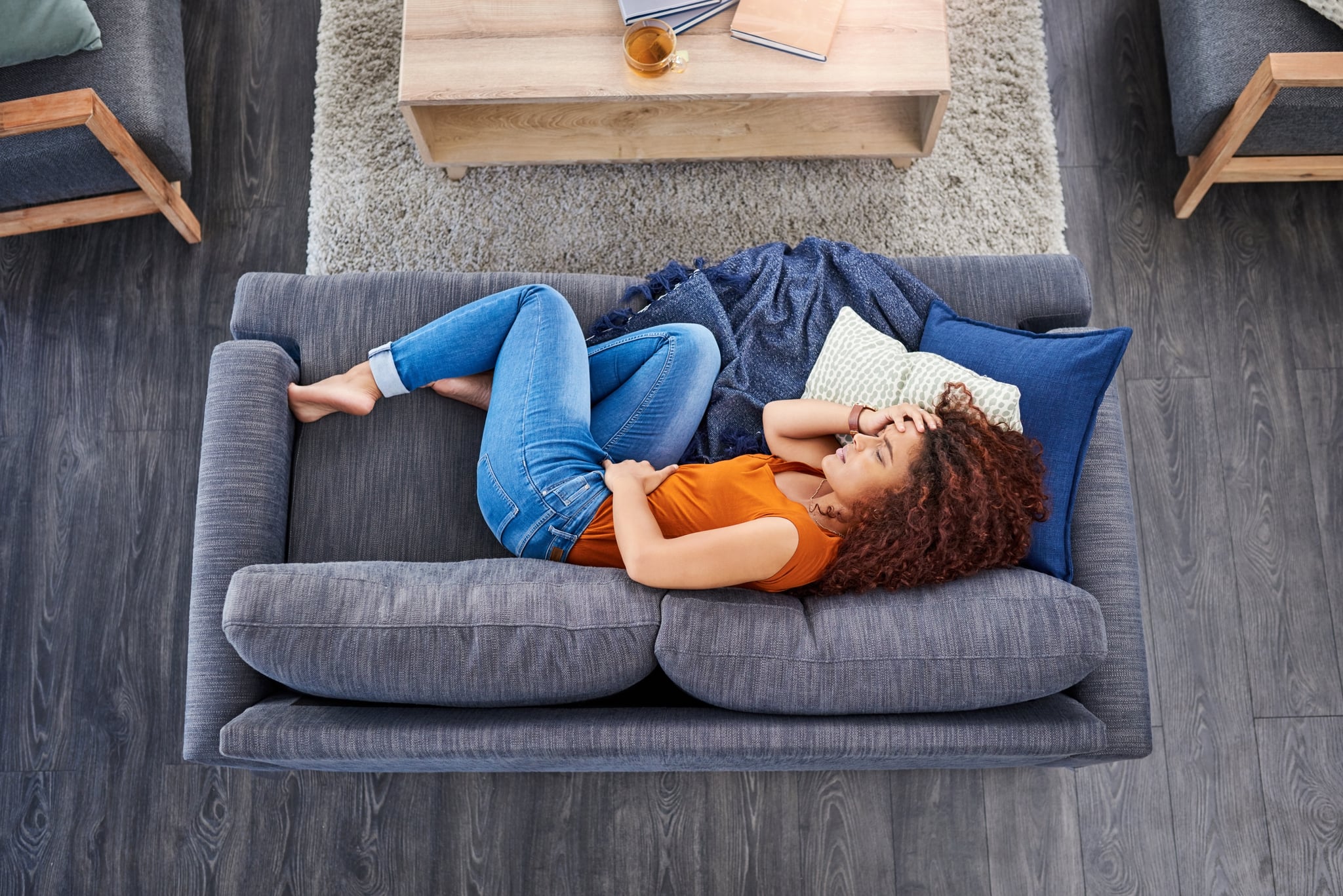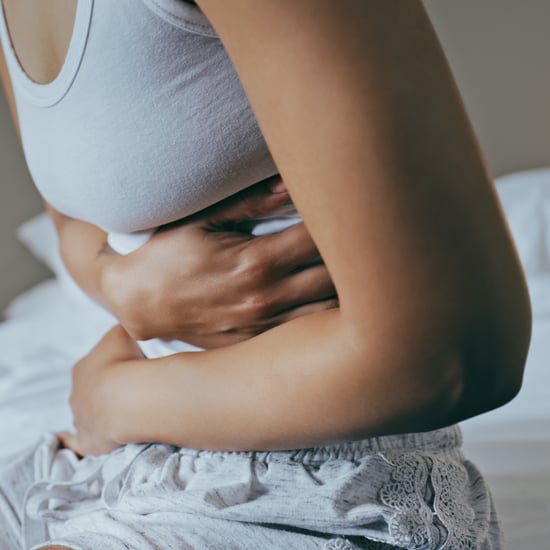Why Are My Periods Getting Worse?
If Your Periods Seem to Be Getting Worse With Age, You May Want to Talk to Your Doctor

It's common for young girls to have intense cramps and long, irregular periods, but if yours appear to be getting worse as you grow older, it could be time to schedule an appointment.
Here's how I explain it to my own patients. After adolescence, in the late teens and early 20s, periods usually become more predictable. Women in their 20s get their period every 28 days on average, though anything between 21 and 35 days can be considered normal. These periods last three to seven days at a time, during which you should lose no more than 80 ml of blood (that's the equivalent of 16 pads or tampons). If you're using hormonal birth control, your periods may be even shorter or lighter. Some formulas even allow women to skip periods.
If periods become worse with age — more irregular, heavier, crampier — there may be a medical issue to blame. Fibroids or polyps are benign growths that can occur within the uterus and lead to heavy or irregular bleeding. Endometriosis is a disorder that can cause periods to be exceedingly painful, a condition that often gets worse as the years go by. The weight gain that can occur in the 20s and 30s can worsen symptoms of polycystic ovarian syndrome (PCOS) as well, including irregular bleeding, skipped periods, and heavy, prolonged periods.
It's important then that you tell your ob-gyn about any changes. The solution may be as simple as switching birth controls or taking steps to improve your lifestyle — for example, a series of studies suggest that regular exercise can improve pregnancy rates, so it's likely that it makes periods more regular, too — but only your doctor can determine the best treatment plan for you.







